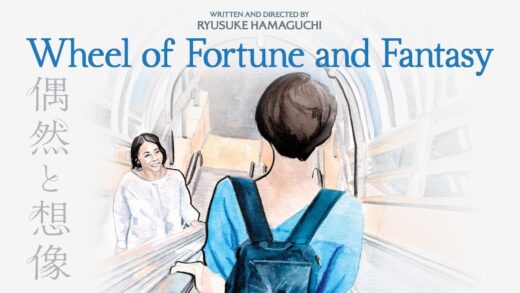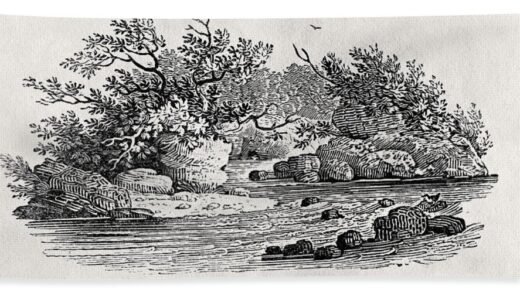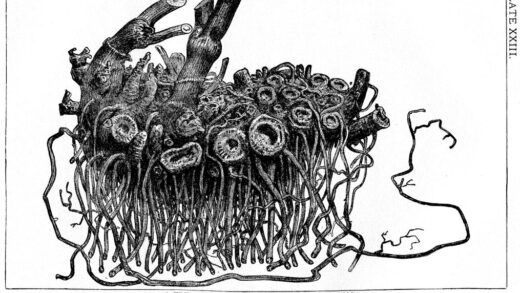Everyone else has moved on to the Book of Boba Fett (2022-), and I suppose that I too will eventually. Despite my critique of The Mandalorian from one episode in the first season, boredom inclined me to believe that perhaps Jon Favreau, the creator of the show, had seen the error of Season 1’s ways and I should see how it developed in the second.
If you have a chance to make the second season of a series, presumably that first episode will be one of the best, just like in the old days you’d start an album with your best song.
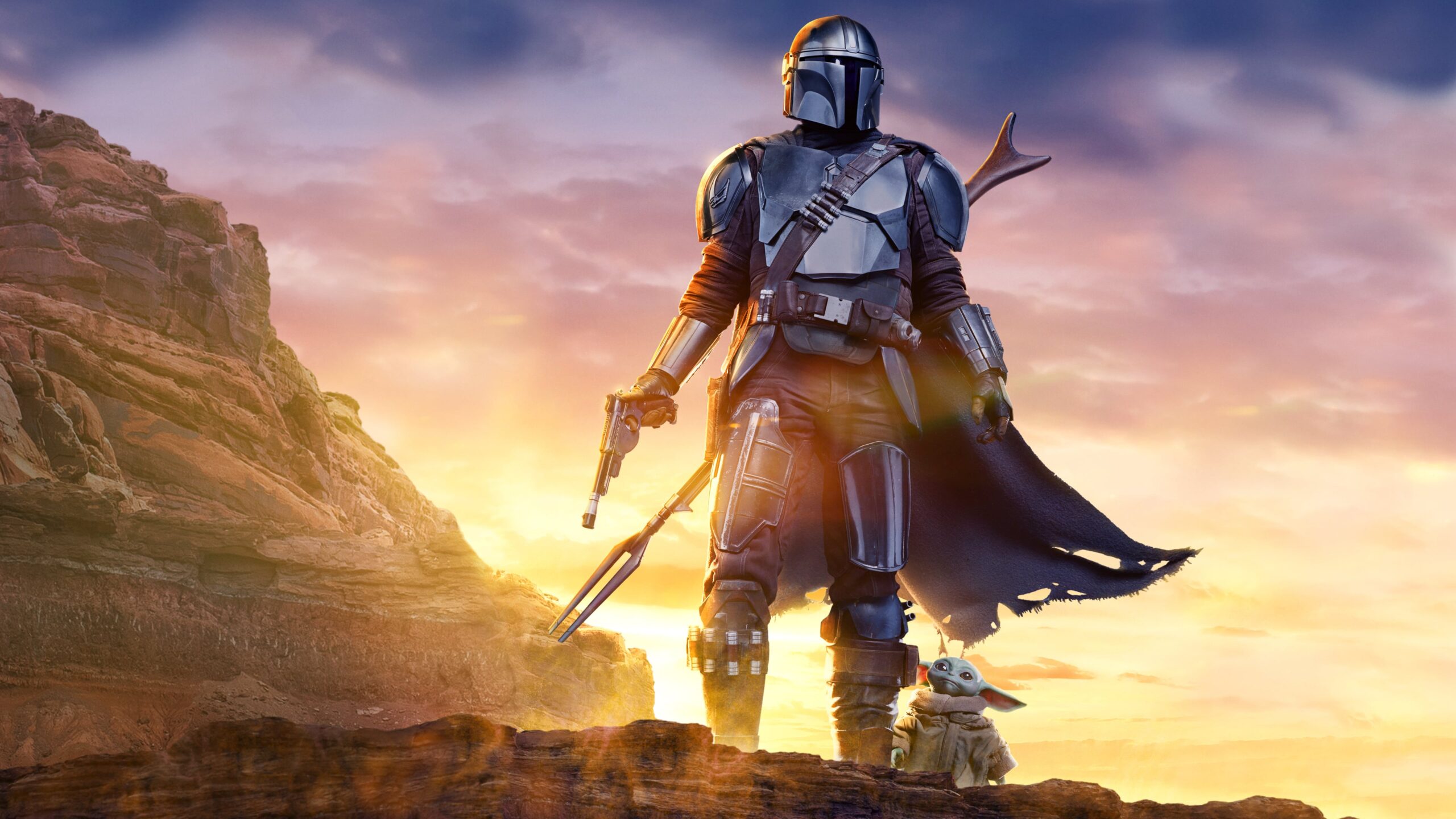
For that reason, it’s not surprising that creator Jon Favreau decided not only to write but also to direct that episode, taking advantage of the opportunity. Albeit selfishly.
Yet I suspect the offices where The Mandalorian is written and edited are awash in the same echo that proved fatal to a previous White House administration, namely, that the emperor is never wrong. Has no one told Jon Favreau how bad the show is? Has he fired anyone that did?
The Plot of “The Marshal”
For proof look no farther than “The Marshal,” the first episode of the second season. Starring not only Pedro Pascal but also John Leguizamo, Amy Sedaris, and Timothy Olyphant, the episode begins when our title character seeks out an unsavory for information about the kin of the child. After a brief skirmish in which Mando dispatches a score of the unsavory’s henchmen, the unsavory directs Mando to find another Mandalorian on Tattooine. Apparently the second Mandalorian can help him.
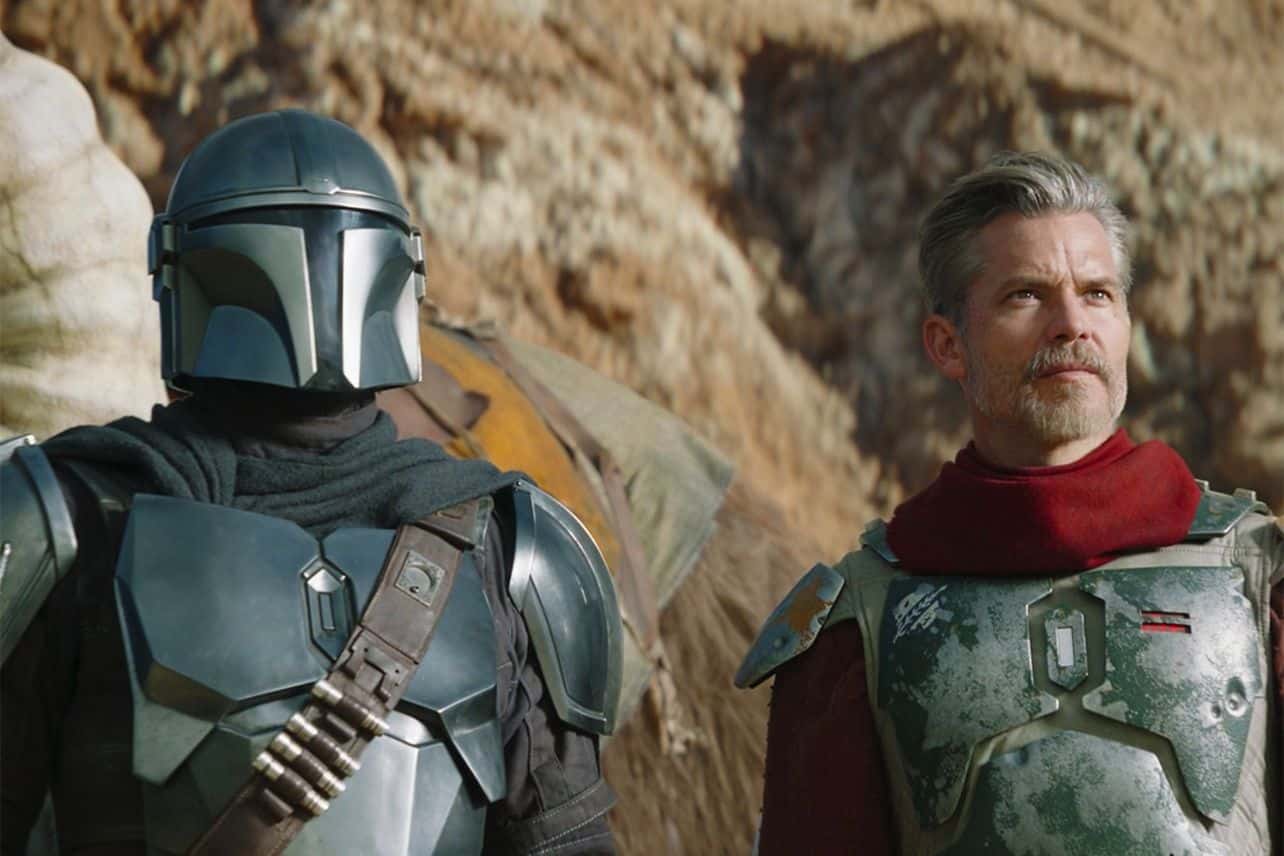
Mando goes to seemingly non-existent town on Tattooine where in turn he meets person wearing Mandalorian armor, but who is not Mandalorian, as we quickly learn when he is comfortable enough to take off him helmet and reveal himself to be the town’s marshal Cobb Such-and-such. Mando is offended that a non-Mandalorian has appropriated their sacred armor and demands that it be given up. A gunfight, I presume, between these two is about to occur, in a saloon of course, when the real foe of the episode, a Krayt dragon, appears and eats a feckless bantha (water buffalo? camel?).
Just to be clear, a krayt dragon is really just a sandworm from the Dune trilogy, except here it is less sublime (in the philosophical sense of something producing a unique cognitive event anchoring/revealing moral values) and perhaps a little more scary. It has features of what we’d expect from a dragon, namely, a jawed mouth with sharp teeth. Even eyes. It is also — sit down please — scientifically implausible.
The townspeople have to band together with Tusken raiders under the direction of Mando and Cobb in order to conquer the krayt dragon. They do. End of episode, except that as Mando speeds away a mysterious man watches him from a distance. I think this person turns to be Boba Fett.
Note one outstanding absence: Mando didn’t really speak with Cobb about a Mandalorian, which was the purpose of his journey from the beginning.
Hackneyed Features of “The Marshal”
- Mando leaves the aforementioned unsavory to be eaten by some night creatures. The good guy doesn’t have to kill the bad guy himself, even if he leaves the latter to a certain fate.
- Cobb is called “The Marshal” and bears all of the accoutrements of a Western gunslinger, including a holstered pistol, a twang, and diction replete with the types of expressions you’d expect. At one point he says, “it’s picking us off like womp rats.” Dang! You may recall that in A New Hope Luke explains that he would kill womp rats in the deserts of Tattooine, as an expression of his ability to hit small targets.
- The townspeople have to band together with the Tusken raiders. In how many Westerns is a momentary coalition between warring communities required for the greater good?
- Mando saves the day only by first sacrificing himself. It looks like he’s been eaten by the krayt dragon, but ’twere only temporary set back before setting up the explosives in the belly of the creature.
Is it fair to have high expectations of The Mandalorian?
What shocks me is the general consistency of mostly positive reviews of this series. Most critics seem to think that it’s pretty good. Many treat the special effects as features that have the same aesthetic weight (if not more) as the scripting and direction. While they may not be impressed by the plot, the special effects are worthy of a high rating — this account is one I’ve seen expressed repeatedly.
To be clear, I do not want to belittle the importance of features like special effects and editing and music and yadda yadda yadda. I’m well aware that it take a tribe to raise a child.
But direction and writing play a vital role in the creation of a television/film series. Special effects cannot save a horrible script according to which actors say dumb things that have been said over and over and over again. Moreover, an actor can say dumb things over and over and over again if she does it in a way that reveals some new layer of meaning. The remake is not flawed from conception. Some of the best films are remakes! For example, The Maltese Falcon (1940)!
Is The Mandalorian about Parenthood?
Some reviewers claim that the cipher to “The Mandalorian” is parenthood, the relationship between child and parent. Mando is a really cool dad, and “baby Yoda” is just his cool kid.
Really?
I haven’t watched watched the rest of the second season — it could take years for me to submit myself to that violence. So it’s possible that this aspect is developed in fascinating, insightful ways.
Give me a fucking break! I mean seriously, let me have to sit and watch episodes of the NBC situation comedy Gimme a Break (1981-87) before I hear this inane crap any more.
Parenthood doesn’t mean just taking care of something. Parenthood describes a relationship developing over a long period of time in which an older shapes the formation of the younger, leading eventually to the younger’s liberation from the older’s guardianship. Can this definition actually describe the relationship between Mando and baby Yoda? Do they speak a common language? Does Mando have any idea of what a mature baby Yoda would/should be?
Apologia
Something about unfavorable criticism smacks of road rage: namely, the insulation of an angry petitioner enclosed within his vehicle yet promulgating critiques loudly and without concern for redress.
The people who make these shows are real people with lives and relationships and aspirations and cars and whatnot. So I feel bad for slighting people whose other works I have appreciated, like Pedro Pascal in Narcos (2015-17) and Timothy Olyphant in Deadwood (2004-07) — the latter I hold to be one of the two best shows ever to grace the small screen. Actors have to work, and Pascal and Olyphant are pretty good examples of actors who have to work.
Tom Hanks doesn’t have to work, so were he to make shit, he would be responsible for it. Similarly, I have to fault Jon Favreau, who may be an exceedingly excellent person, but he’s sitting on the top of a media empire with remarkable creative powers. It’s for this latter reason that he’s a legitimate target of critical reason.
Moreover, Favreau is sitting on a media empire the significance of which is arguably unequalled in America. More people know who Boba Fett is than know the name of the Vice President, I might wager. Such power requires critical attention. Hubris means more in this context. That is why Favreau needs to be taken to task, and that is why I’m horrified so many reviewers have abnegated their critical obligations in this instance.
Reviews
- The Guardian: “The Mandalorian season two review – gun-slinging action with TV’s coolest dad”
- New York Times: “Review: ‘The Mandalorian,’ a Gunslinger in a Galaxy Far, Far Away”
- Vanity Fair: “With a Stellar Finale, The Mandalorian Delivers the Romance and Dread that Star Wars was Made For”
- CNN: “‘The Mandalorian’ powers up with a polished second-season launch”
- The Hollywood Reporter: “‘The Mandalorian’: What the Critics Are Saying”
- Medium: “‘The Mandalorian’ Is Bad and the Whole World Has Gone Mad” — a rare critical review

